
Floods in Mumbai Affecting Access to Orthopaedic Care
Floods in Mumbai Affecting Access to Orthopaedic Care

To unlock this feature and to subscribe to our weekly evidence emails, please create a FREE OrthoEvidence account
Already have an account? Click here
DISCLAIMER:
This podcast is for informational purposes only and is not intended to be a substitute for professional medical advice, diagnosis, or treatment. If you require medical treatment, always seek the advice of your physician or go to your nearest emergency department.
The opinions, beliefs, and viewpoints expressed by the individuals on this podcast do not reflect the opinions, beliefs, and viewpoints of OrthoEvidence.
Floods in Mumbai Affecting Access to Orthopaedic Care
Host:
Mohit Bhandari, MD, PhD, FRCSC
Editor-in-Chief, OrthoEvidence
Guest:
Dr. Vijay Shetty
Consultant Orthopaedic Surgeon
Dr L H Hiranandani Hospital
Mumbai, India
PERSPECTIVES
Drs. Shetty and Bhandari discussed the impacts of the floods in Mumbai, India (The Indian Express news on Aug 6, 2020). Our discussion uncovered 4 core themes. These themes and their supporting insights are highlighted below.
1. The Impact of Flooding in Mumbai
This summer, Mumbai has been experiencing heavy rainfalls and winds that have not been seen in over 15 years and they have caused massive flooding.

In the last 24 hours in Mumbai, the local authorities are saying that this is not just heavy rains, it's a deluge [...] Water is everywhere. This is the worst since July 2005.
Dr. Shetty
With the COVID-19 pandemic already present as a public health crisis, these natural disasters have compounded the impact on patient care.
Currently, South Mumbai is the most affected by the flood. The hospitals in areas where the flooding primarily happened are completely flooded. Those hospitals are not functional on the main floors. They are not operating and it is difficult for staff and patients to reach the hospital.
The flood is having an impact on the orthopaedic care in Dr. Shetty’s hospital. Healthcare providers (doctors, nurses, and pharmacists) are not able to arrive at the hospital on time for their duties. This affects the healthcare system. Everything is getting delayed. Patients with fractures, especially elderly patients, are not able to get to the hospital. The father of one of Dr. Shetty’s colleagues fractured his hip the morning of this interview. It took the patient four hours to travel the 5-kilometer distance from home to hospital.
When natural disasters like floods happen, on top of the challenges with COVID that are already ongoing, this (the flood) now adds to the overall challenges that the practicing orthopaedic surgeons are going to have with health care. Access to healthcare is a big issue.

It's damaging. I think that's the word. The problem is, on one side, the authorities are saying, "You don't step out." On the other side, there are people who are suffering [...] I've seen quite a lot of elderly people with fractures in hips but were not able to come out because of COVID lockdown. And now, we have COVID plus rains. So I think the situation is bad.
Dr. Shetty
2. Reopening in Mumbai
Regular clinical work in Mumbai hospitals was resumed on August 1st. Surgeons were hoping to catch up with all the elective surgeries postponed due to COVID-19. A lot of patients came for healthcare services, for example, Dr. Shetty saw 10 patients in just one morning. People are starting to get back to their normal life. However, the rain has been making it very difficult for patients to go to hospital. After the all-night downpours on August 5th, no patients were seen visiting the outpatient departments the next morning at Dr. Shetty’s hospital.
Mumbai was hit heavily by COVID-19. Orthopedic surgeons have been doing some COVID-19 care duties once a week or once every two weeks as needed. Dr. Shetty observed fewer COVID-19 cases in his recent shifts - he feels this means the situation is getting better.
3. Virtual Care
The COVID-19 pandemic has changed the interaction between doctors and patients. Virtual care has been adopted by many orthopaedic surgeons. In the afternoons, Dr. Shetty does video consultations which keeps him quite busy. Dr. Shetty has had a positive experience with virtual healthcare delivery to his patients.

(Because of COVID), people are a little bit more careful about seeing a doctor. Patients are only coming in when they absolutely need to come in. People used to say, ‘Oh, I'll just go in.’ But they're not doing that anymore. Now people are saying, ‘Well, do I really need to see the doctor? Do I really need to get this sorted out? Is there another way I can see the doctor?’ And you can see how that is changing the way we interact.
Dr. Bhandari
4. COVID Affects Travels
Things have changed since the last time Drs. Shetty and Bhandari met at the SICOT (International Society of Orthopaedic Surgery and Traumatology) conference in Oman (December 4-7, 2019, 40th Orthopaedic World Congress). They spoke about all kinds of visits and travels at that time. However, now they can only sit in their own homes to do the current interview virtually.
Dr. Shetty already had to cancel a few planned trips and he will postpone or cancel his future international travels. For example, Dr. Shetty had a plan to go to the United Kingdom for 2 or 3 days, but there would be a 2-week quarantine period, thus the trip is not worthwhile anymore and he canceled it.
On August 15, there will be increased access to more areas in India as some flights begin to operate. Dr. Shetty will travel domestically to some rural areas when they open up.
Dr. Bhandari believes it is reasonable for individuals to stop or reduce international travels. This will help stop COVID-19 spread because the only way SARS-CoV-2 spreads is through migration. A small number of people, if infected, can spread it to a lot of places. It is initially an uncomfortable feeling not being able to travel, but people adapt to the new “normal” very quickly.

I think we've had no choice [...] There's a period of time in which if we continue in this pathway, it will become what we perceive as routine. And then we'll get back to a point symbol. Why did we even do it the other way? There is going to be lots of knowledge gained from this.
Dr. Bhandari
Questions and Answers:
Dr. Bhandari: How long does it take for the city to recover from the flood?
Dr. Shetty: Mumbai is a very energetic city. People are just waiting for the water to come down. After that, the city will quickly recover from the flood.
Dr. Bhandari: When is orthopaedic care expected to come back?
Dr. Shetty: It will be soon after the traffic gets better and people can come to hospital.
Dr. Bhandari: When do we come back to “normal” from COVID?
Dr. Shetty: In the next 12 months.
SENSE-MAKING
Dr. Shetty shared his firsthand experience with the floods in Mumbai. The floods are affecting patients’ access to healthcare. Virtual consultation has been adopted for orthopaedic care. It will take time for international travels to resume but domestic travels in India will start soon.
How to Cite:
Vijay Shetty. Floods in Mumbai Affecting Access to Orthopaedic Care. OE Perspectives. 2020;1(3):3.




 LOGIN
LOGIN
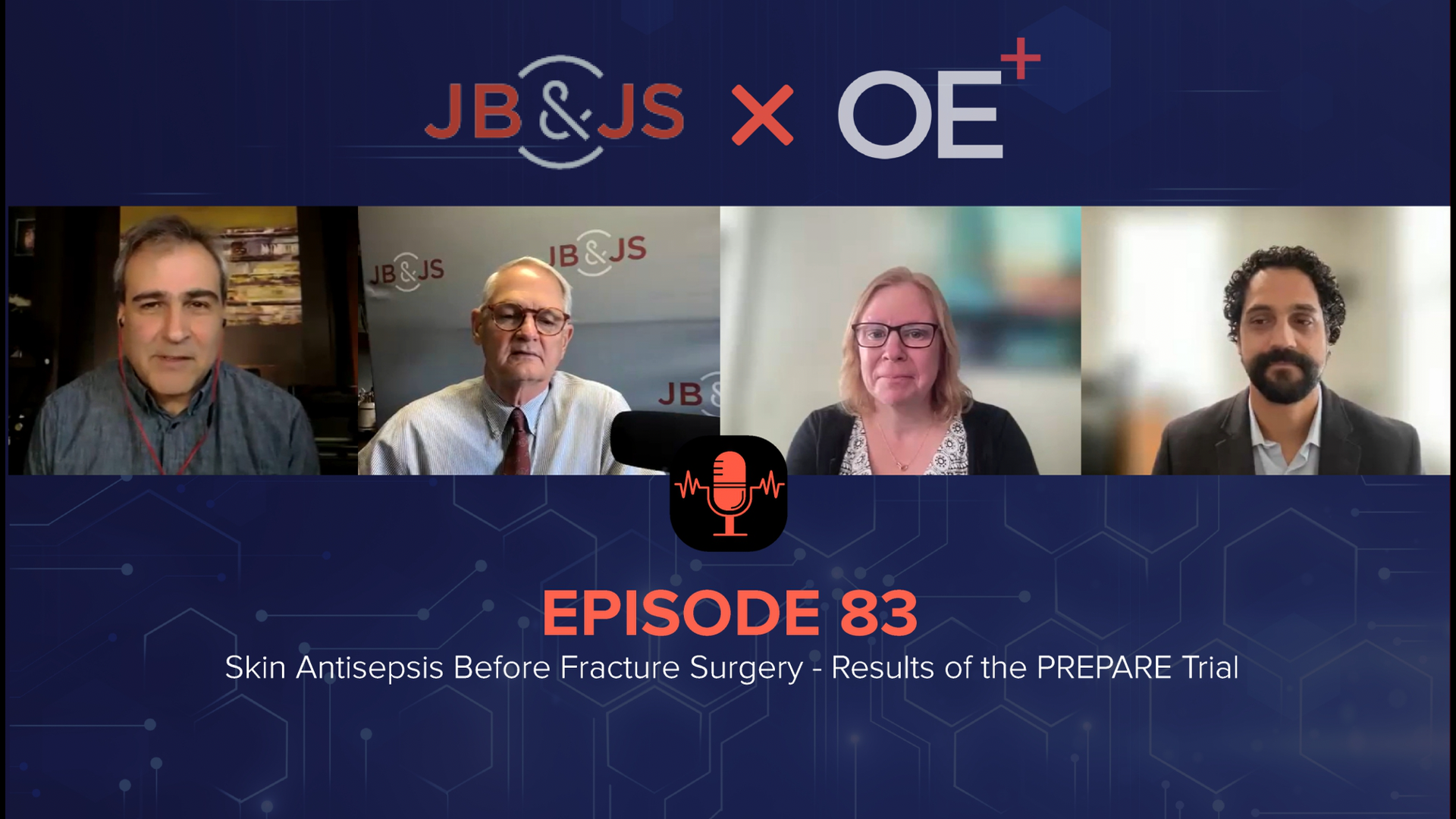
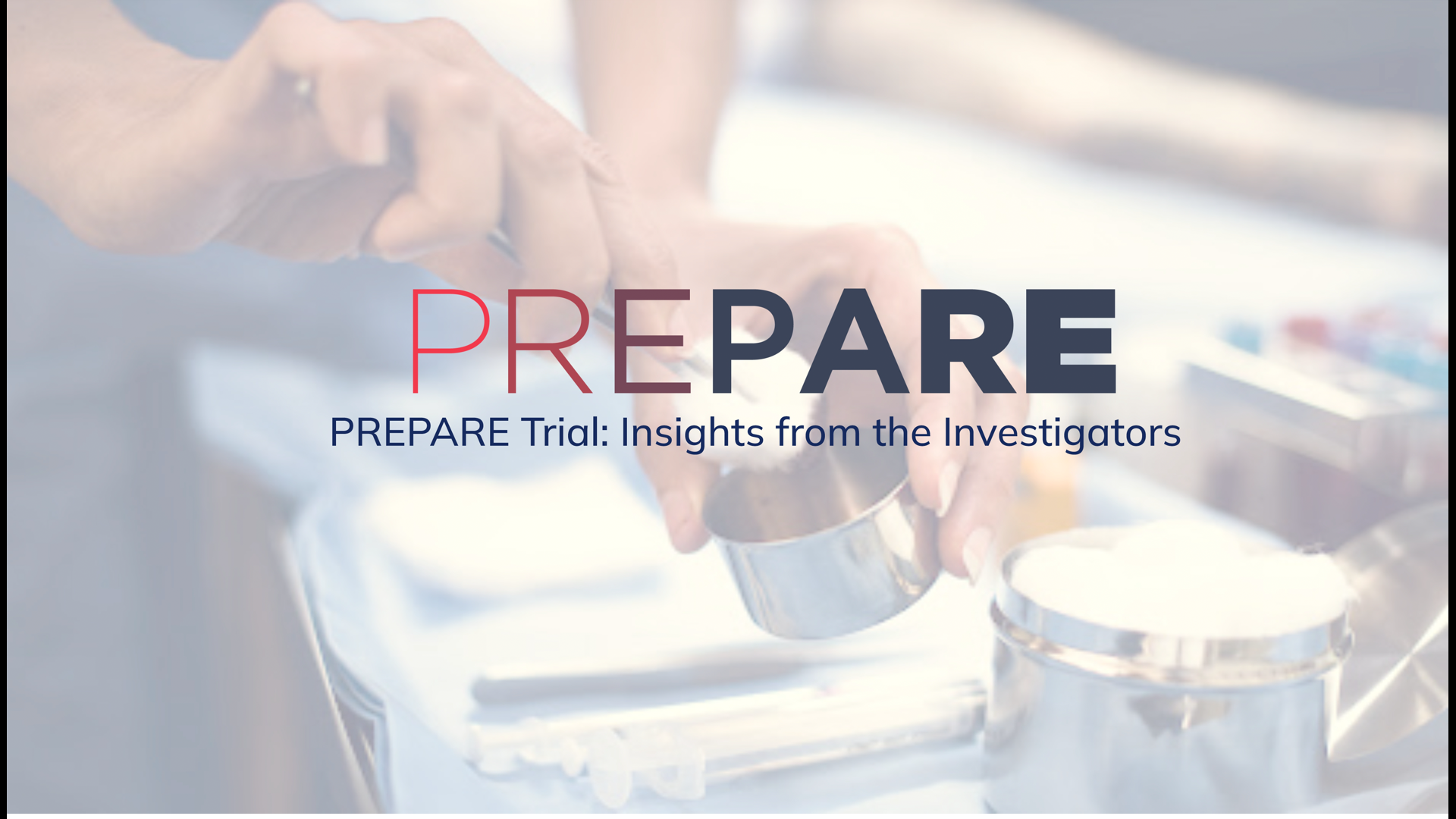
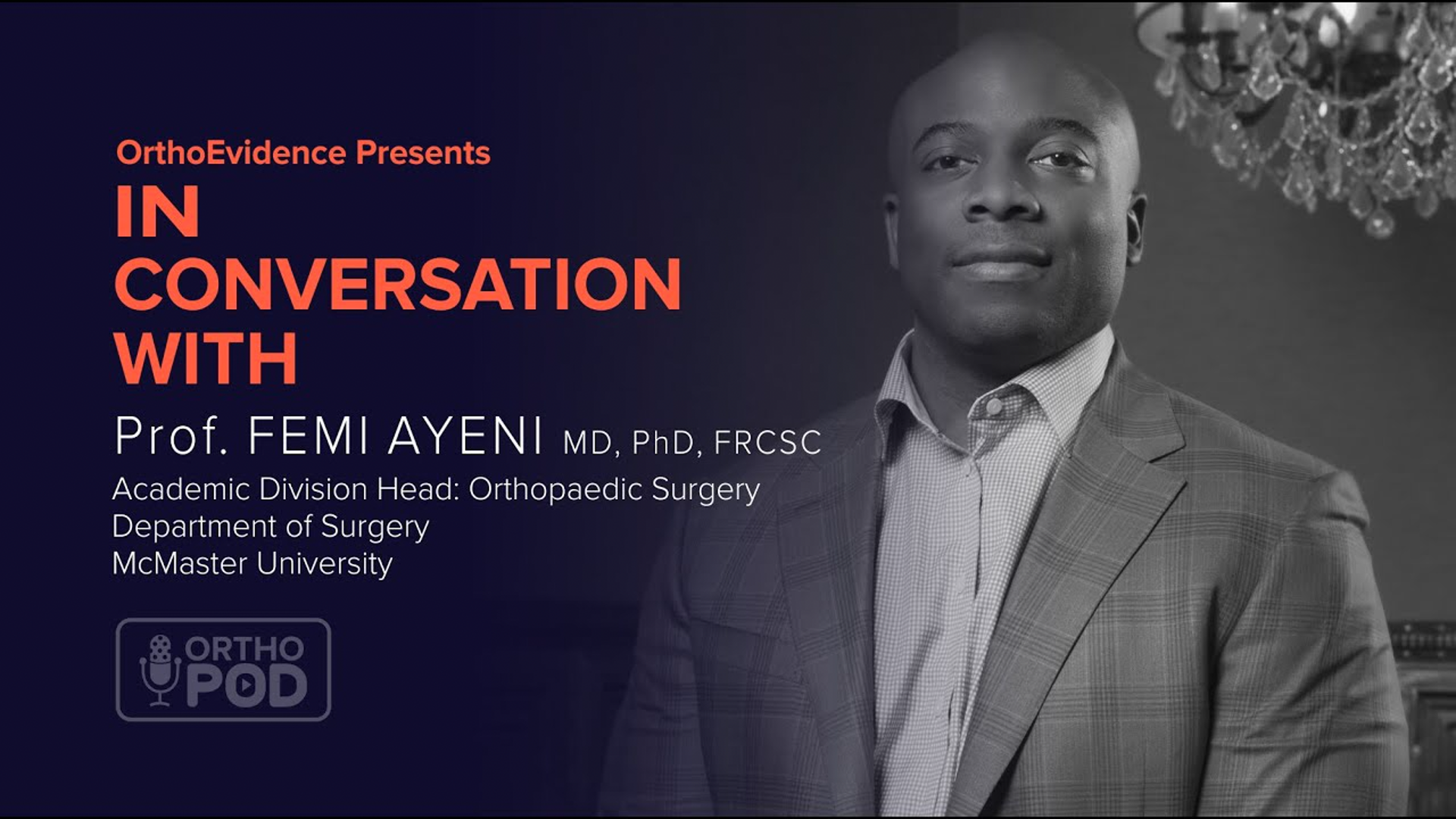
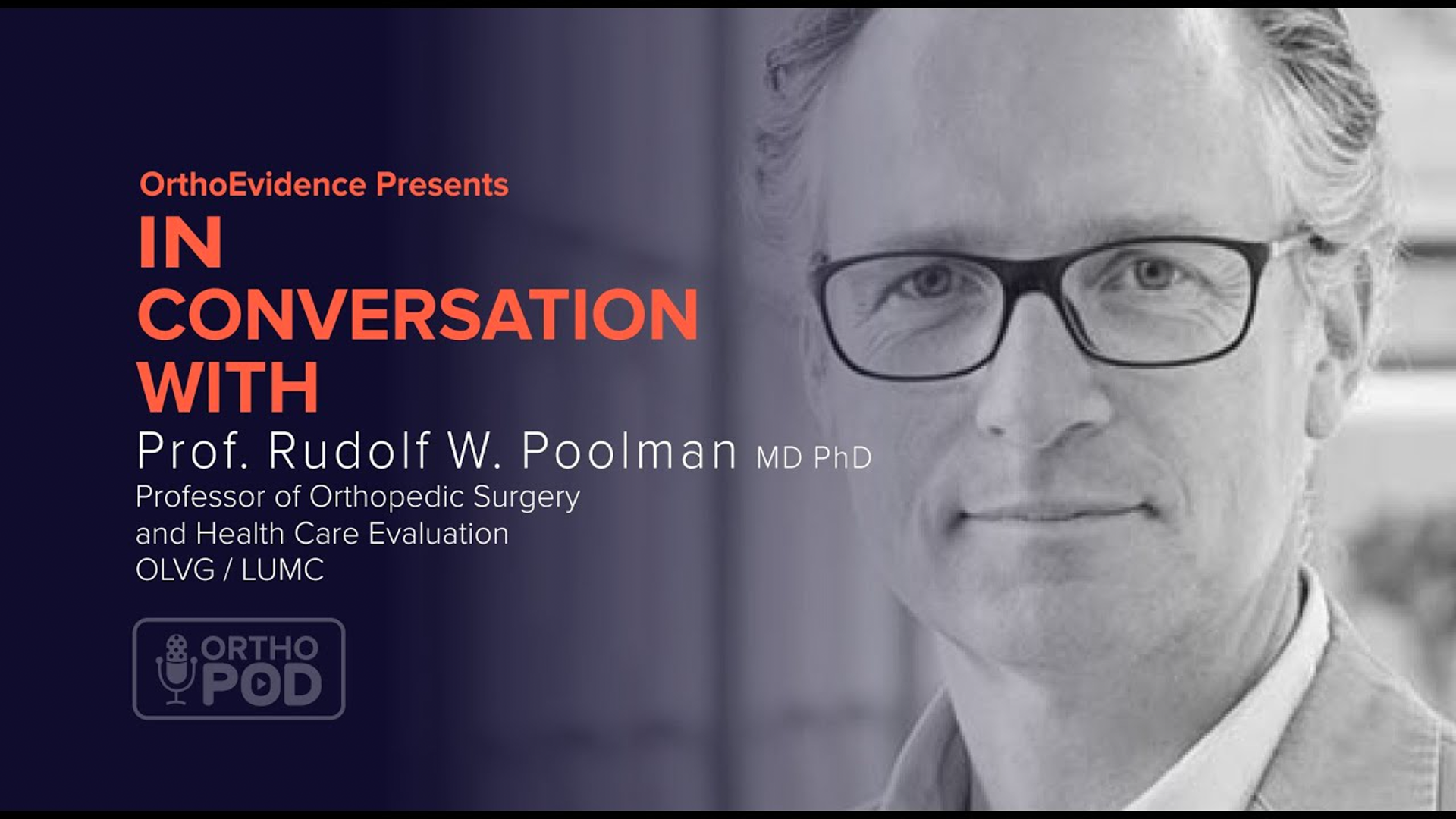
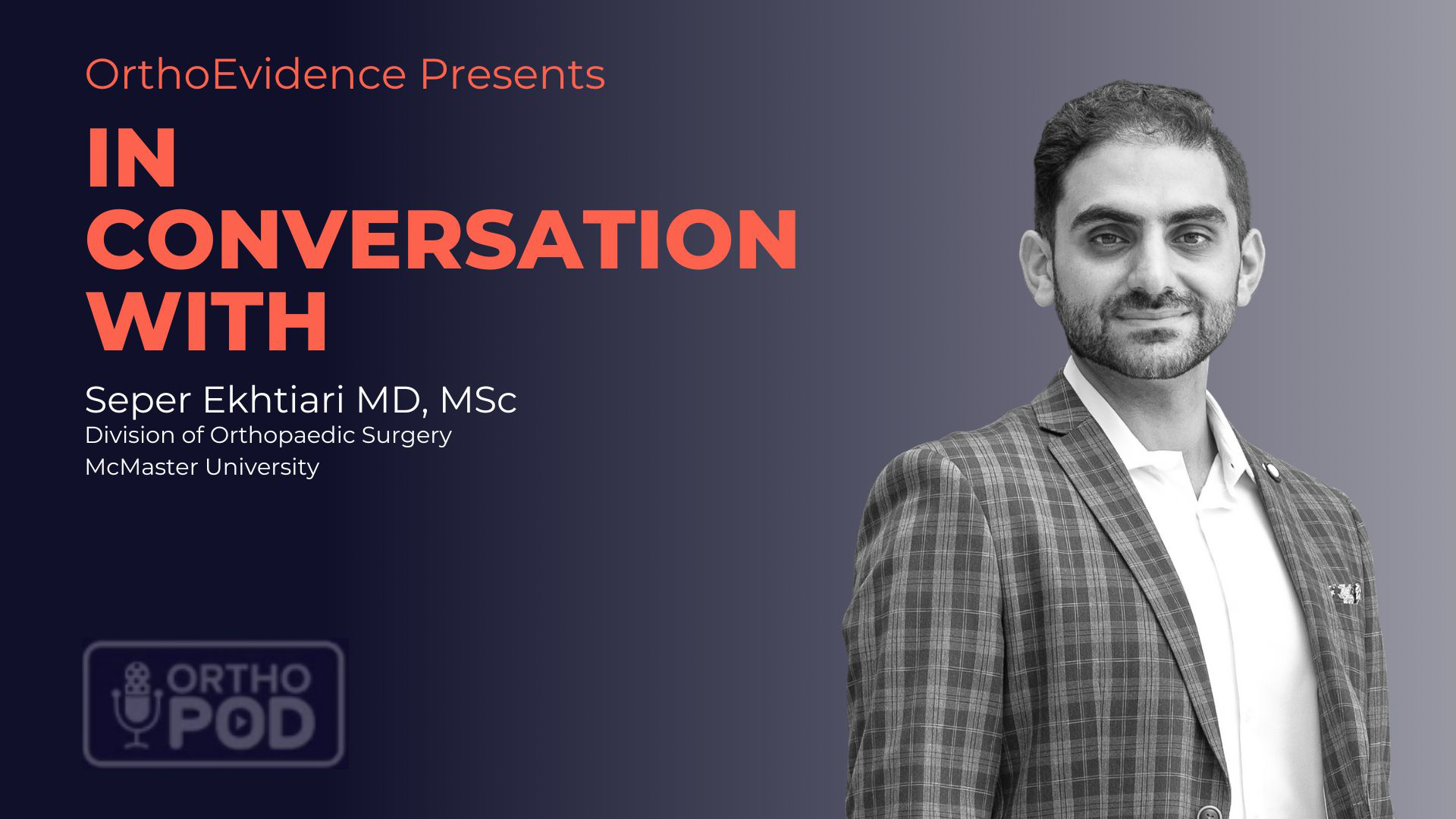
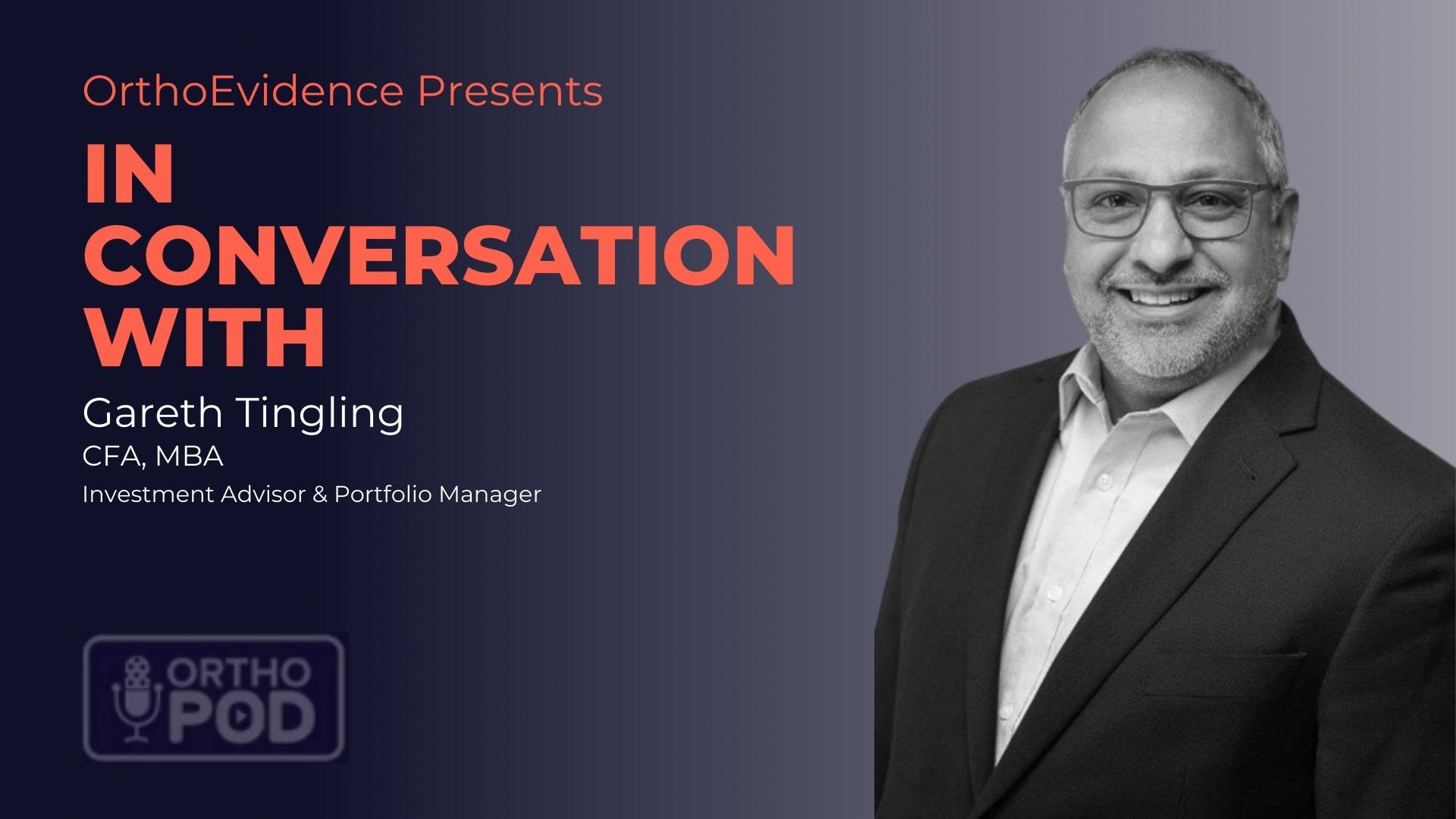
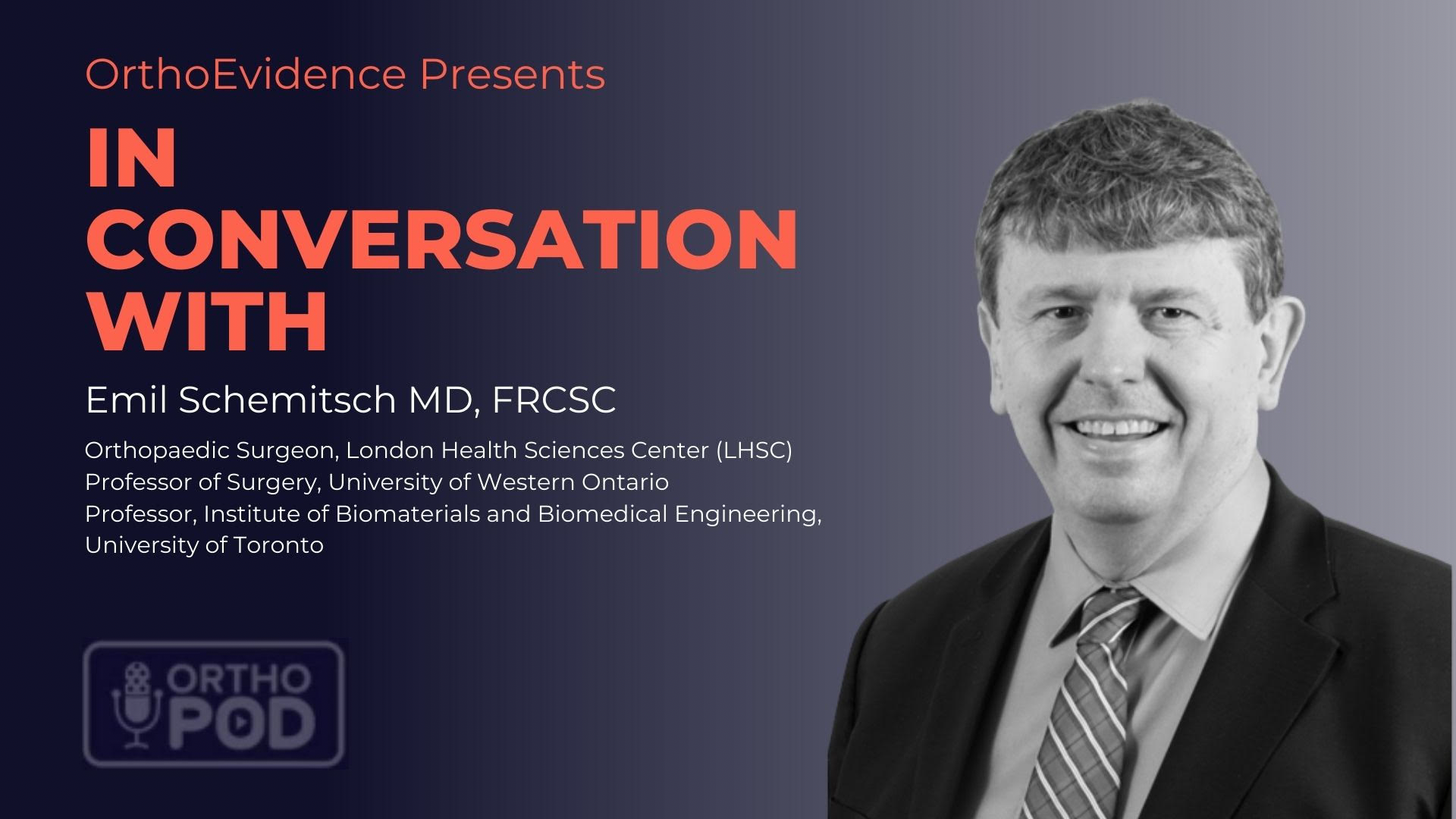
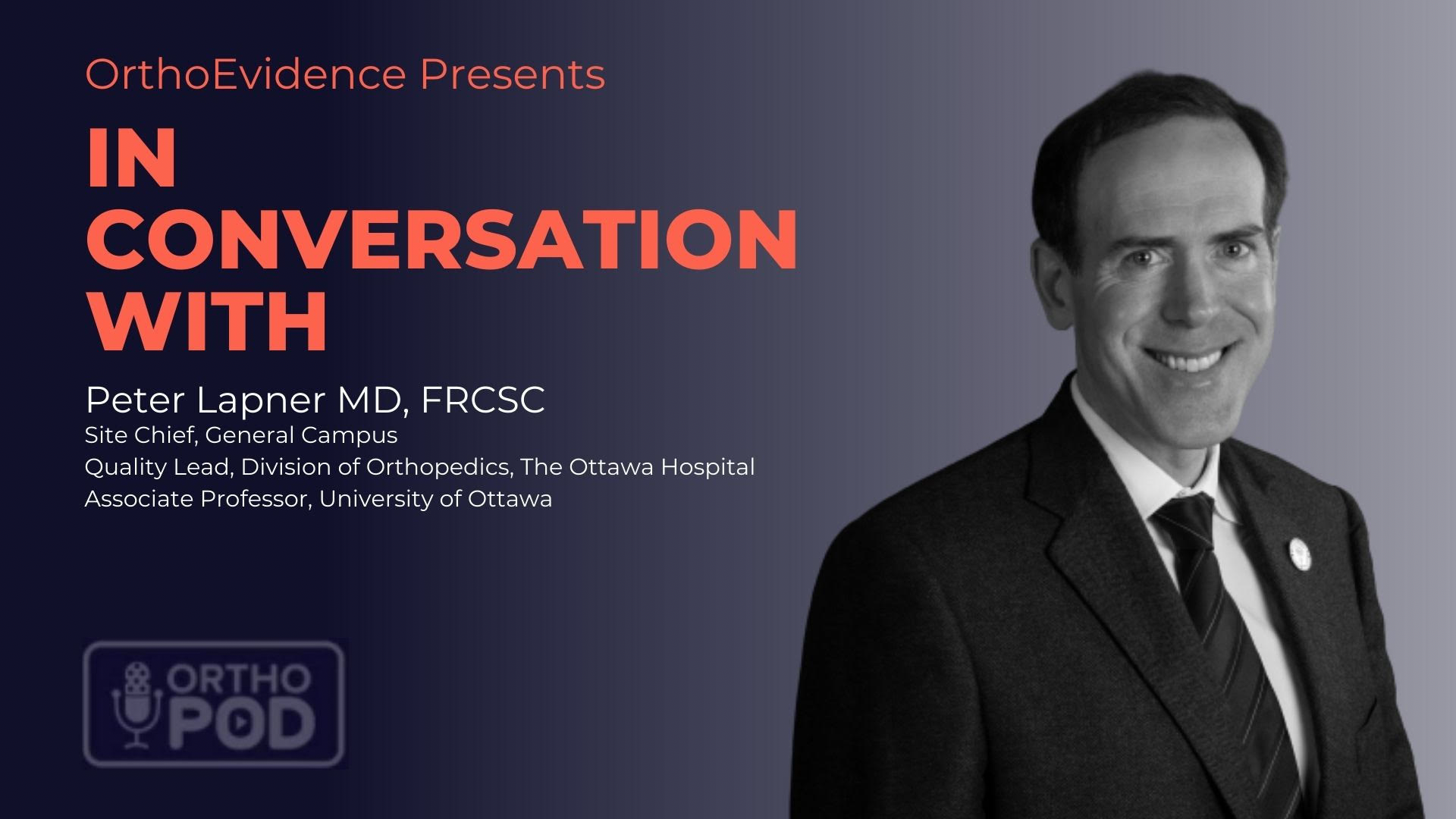
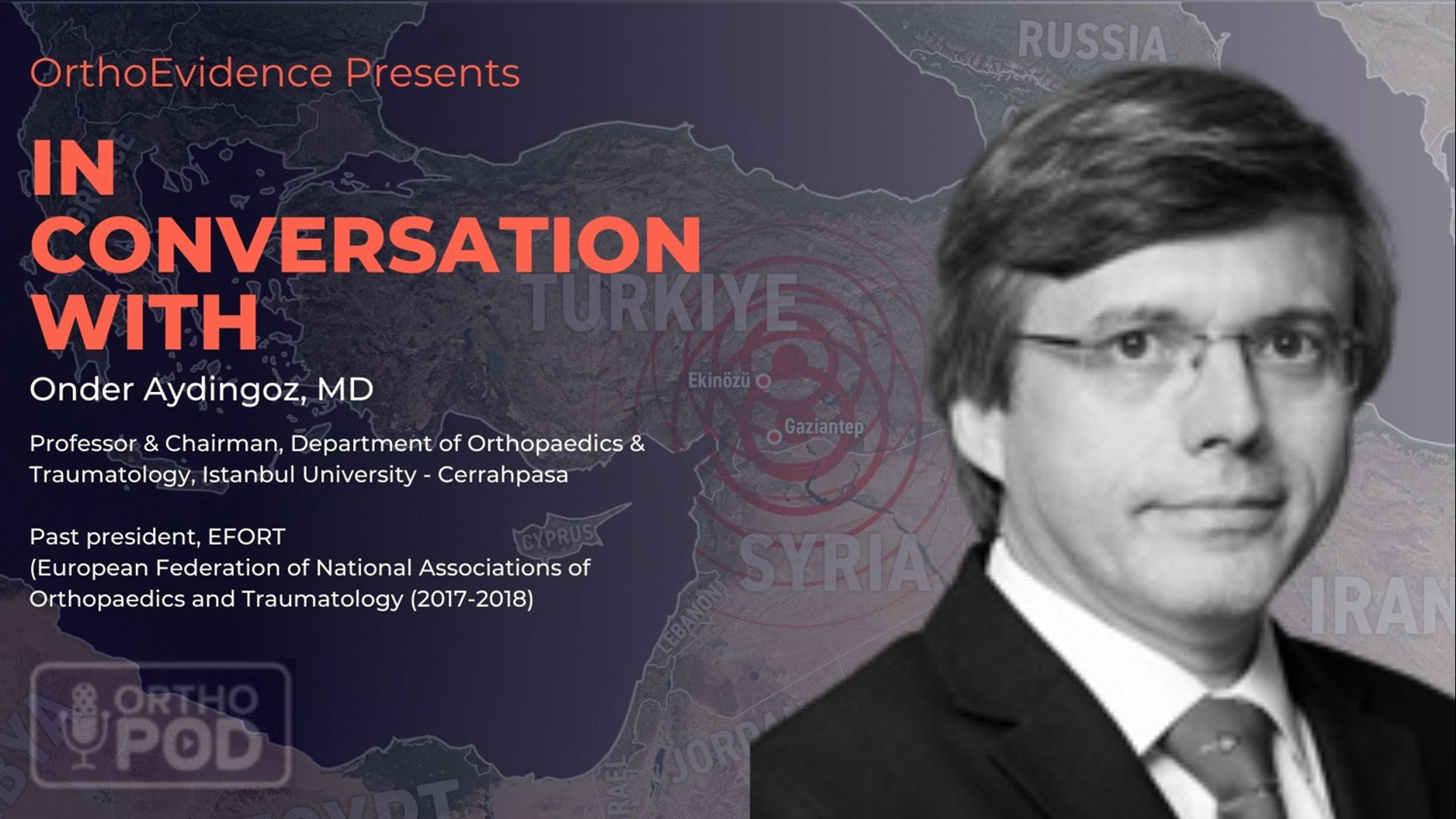
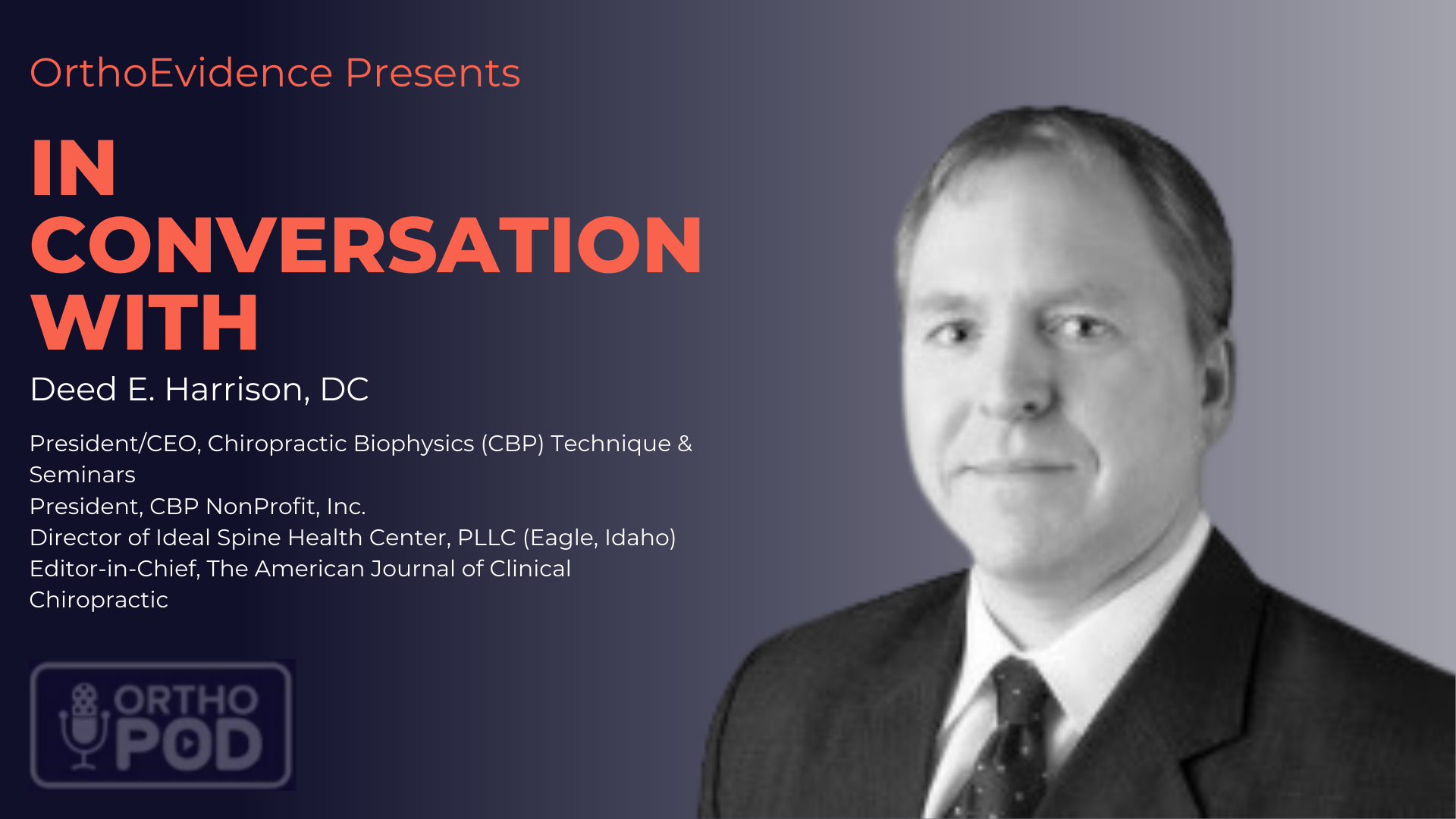
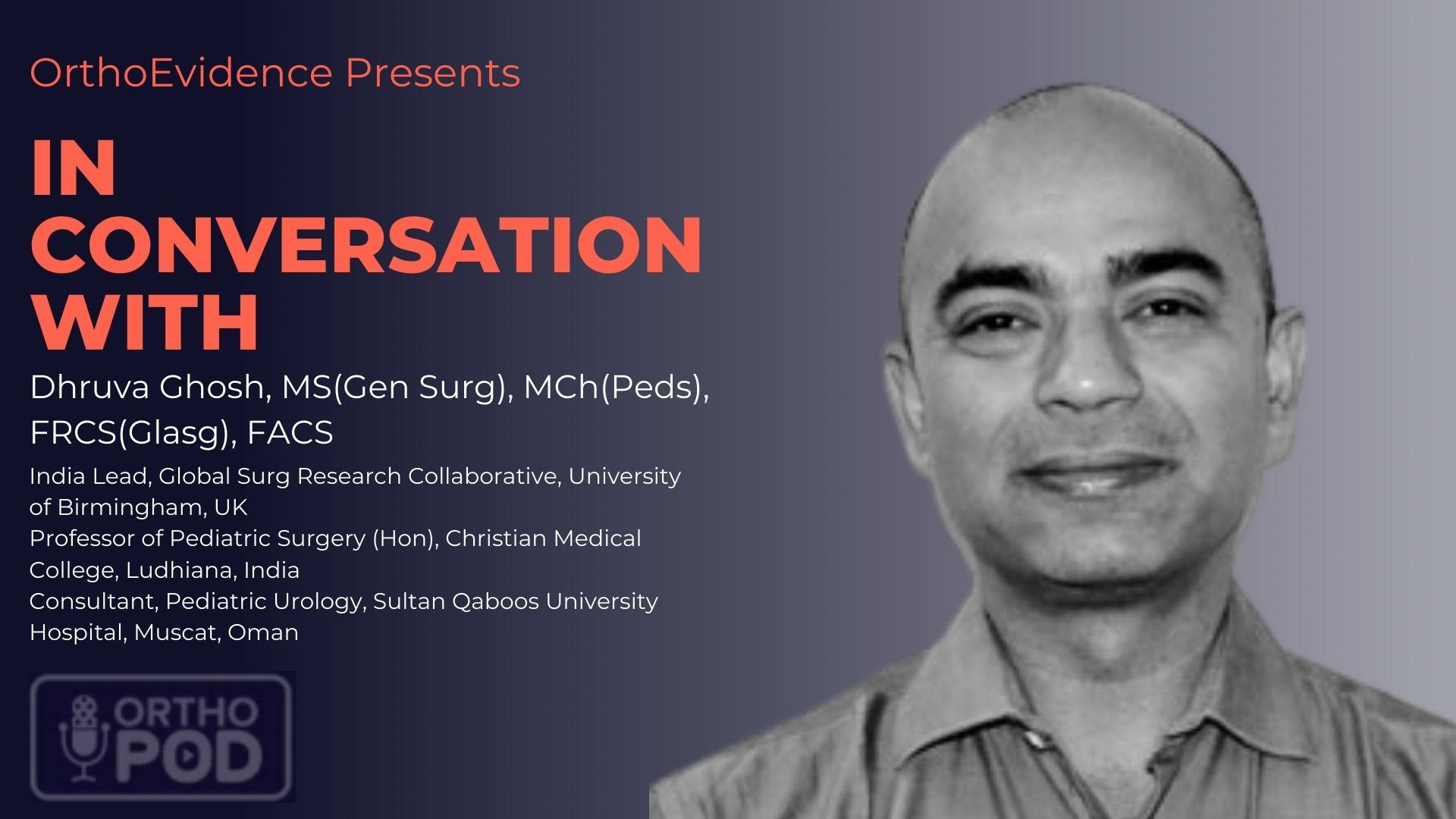
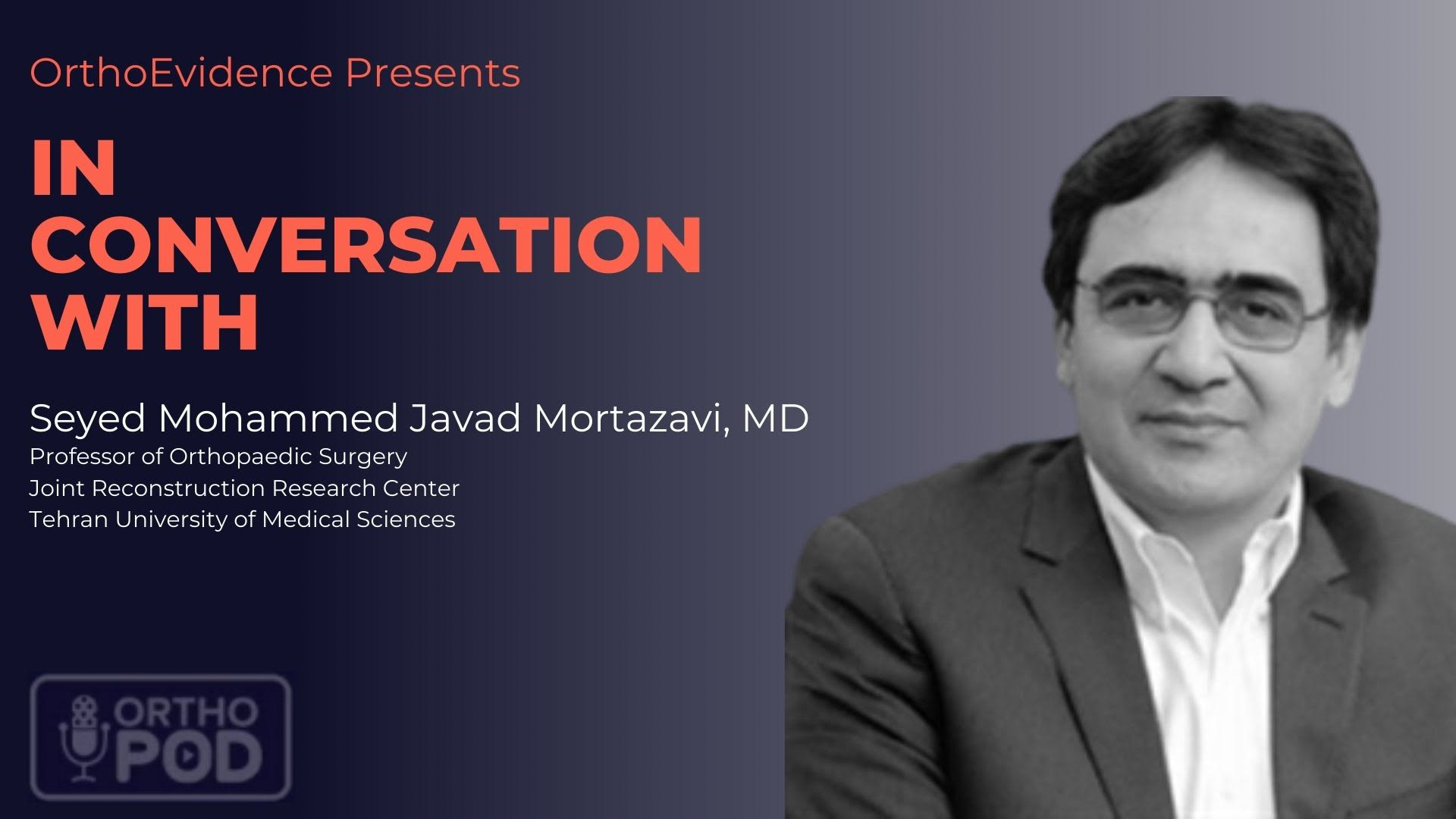
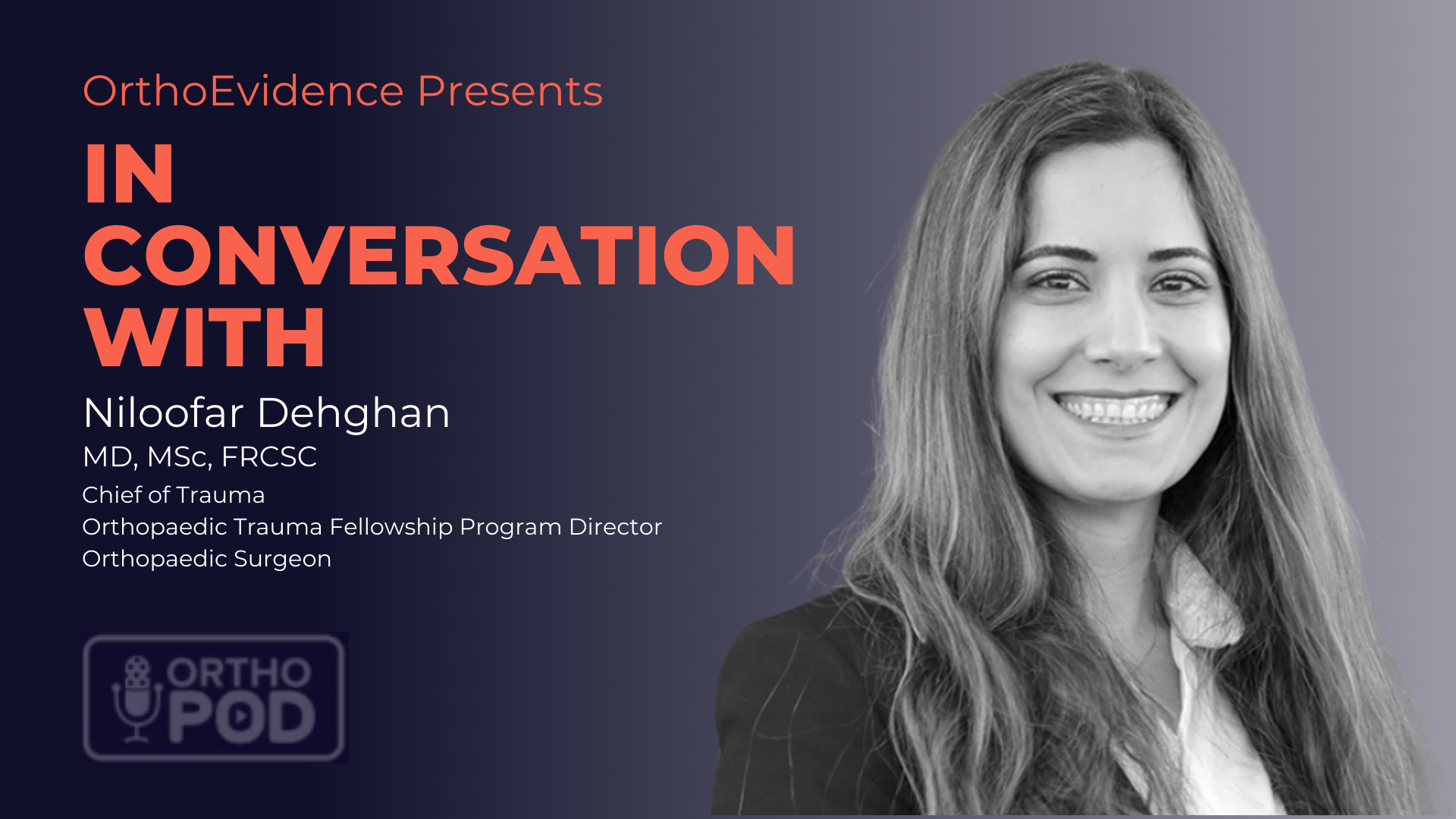
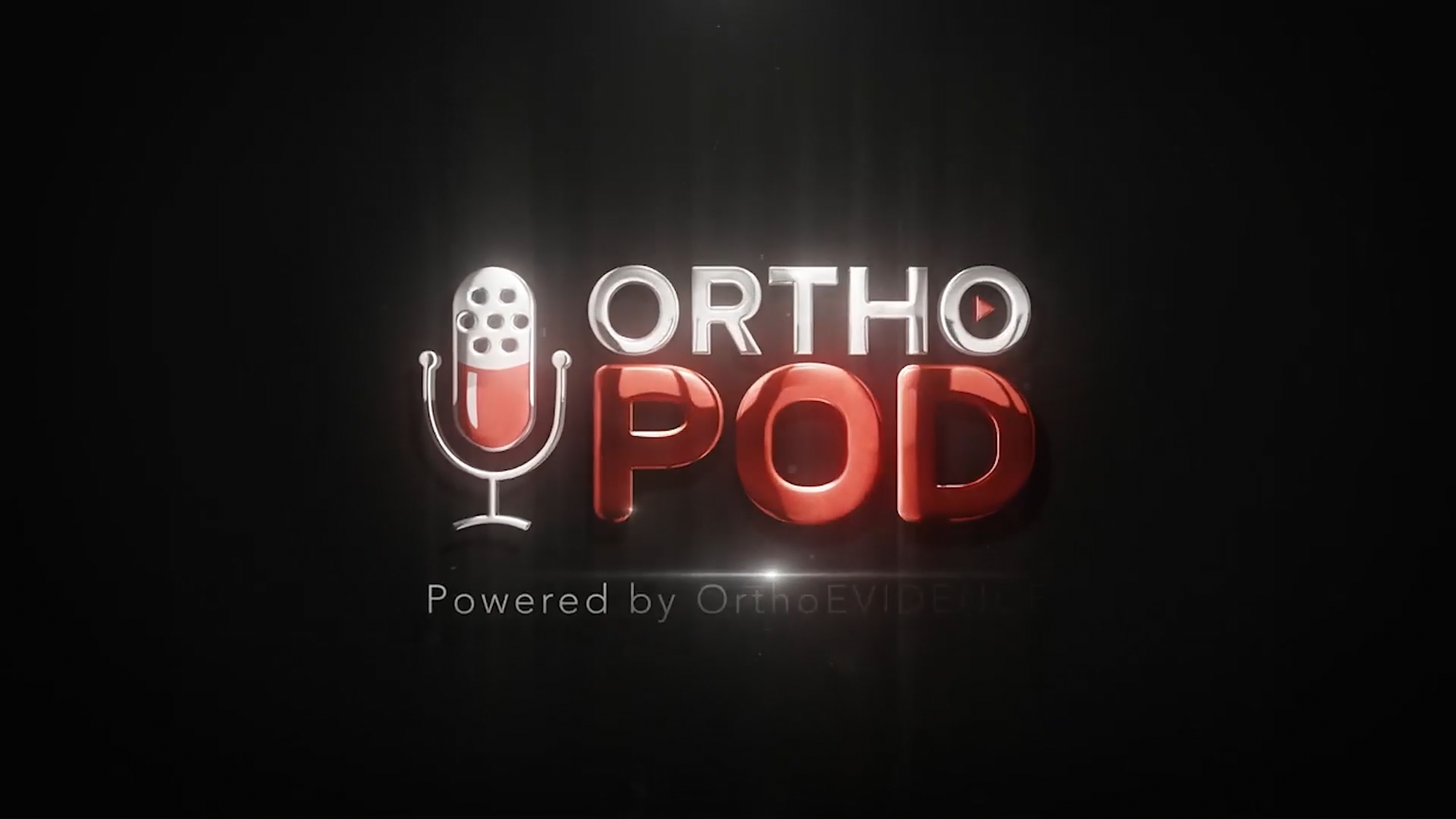
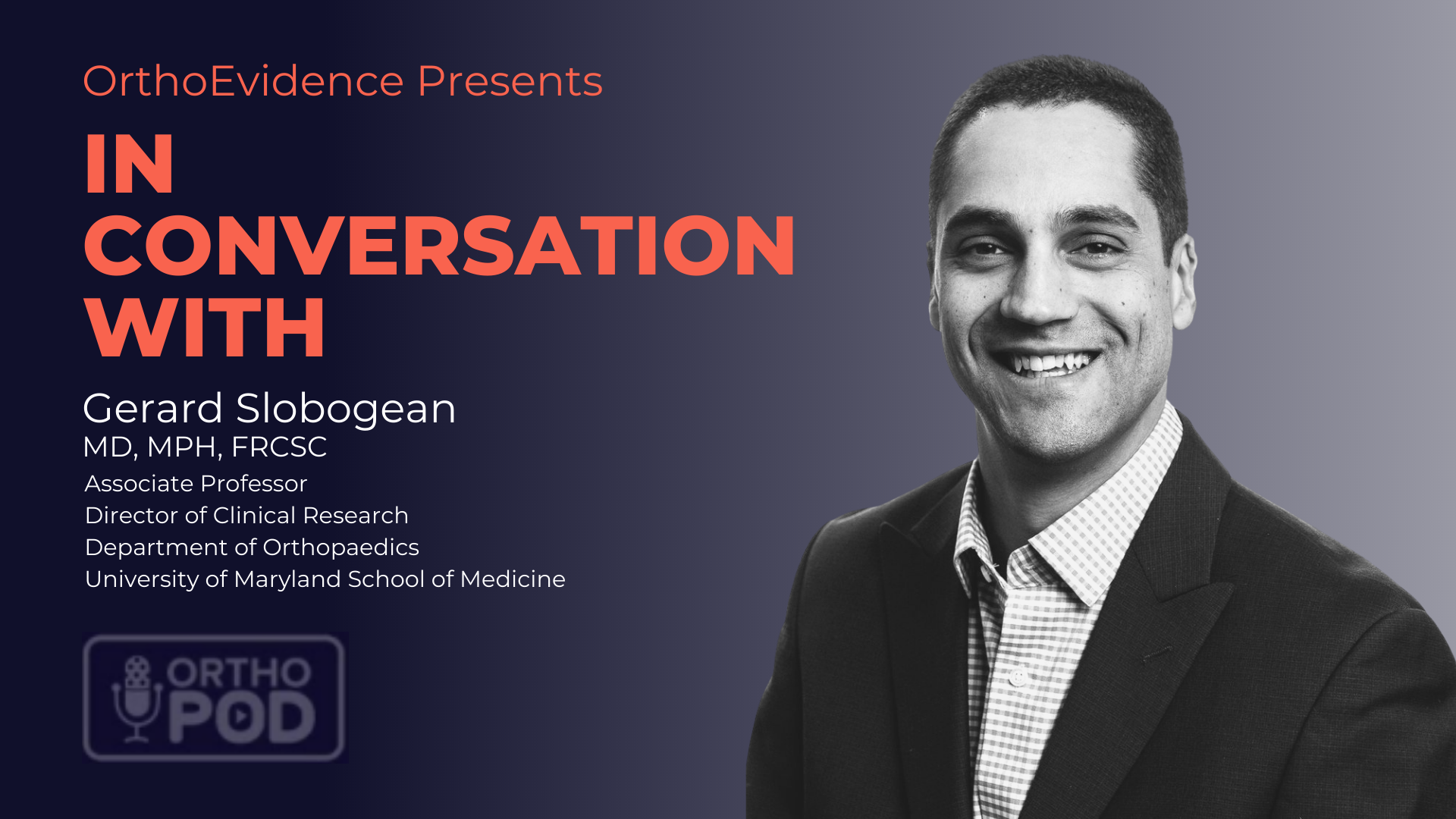
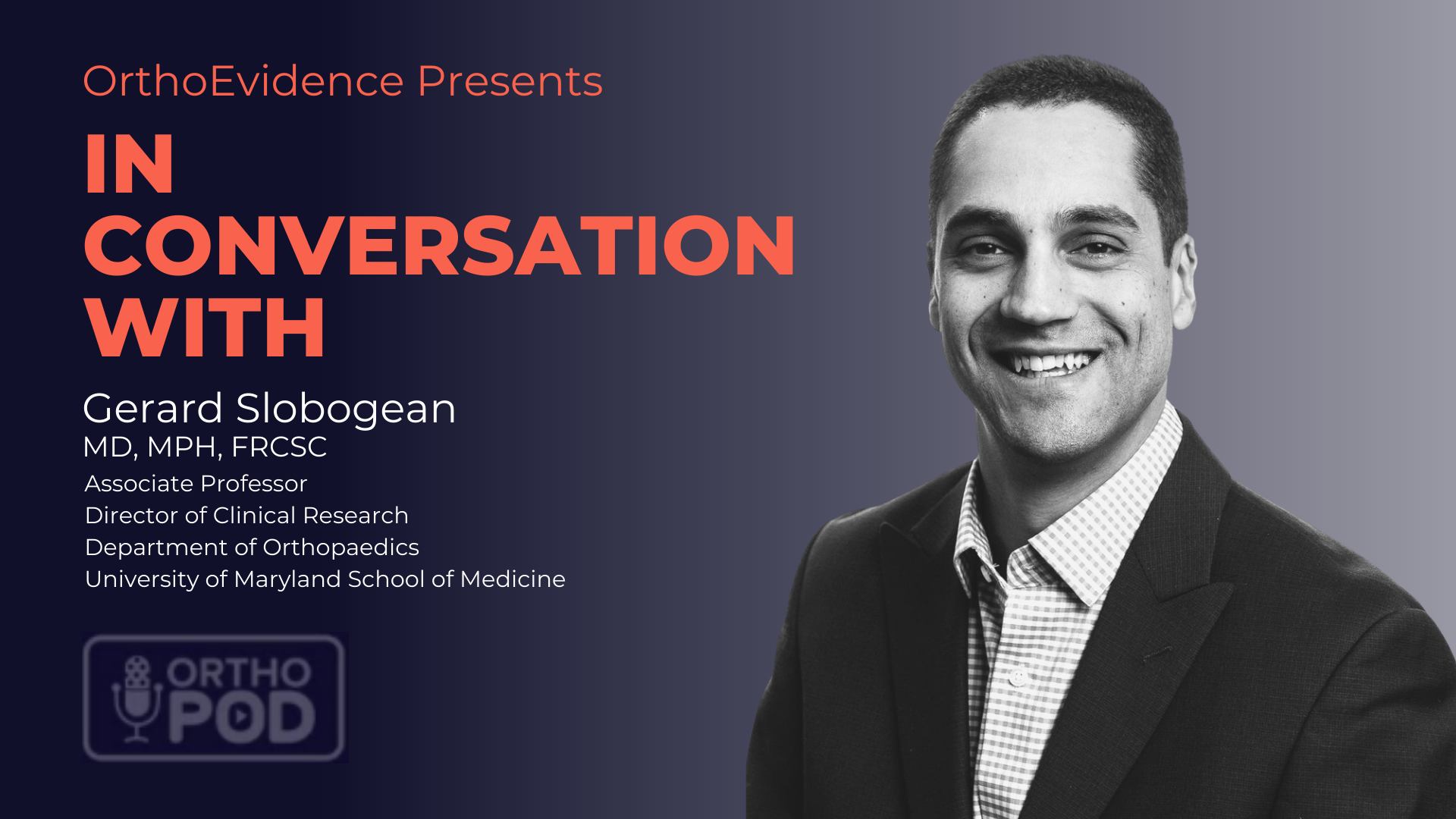
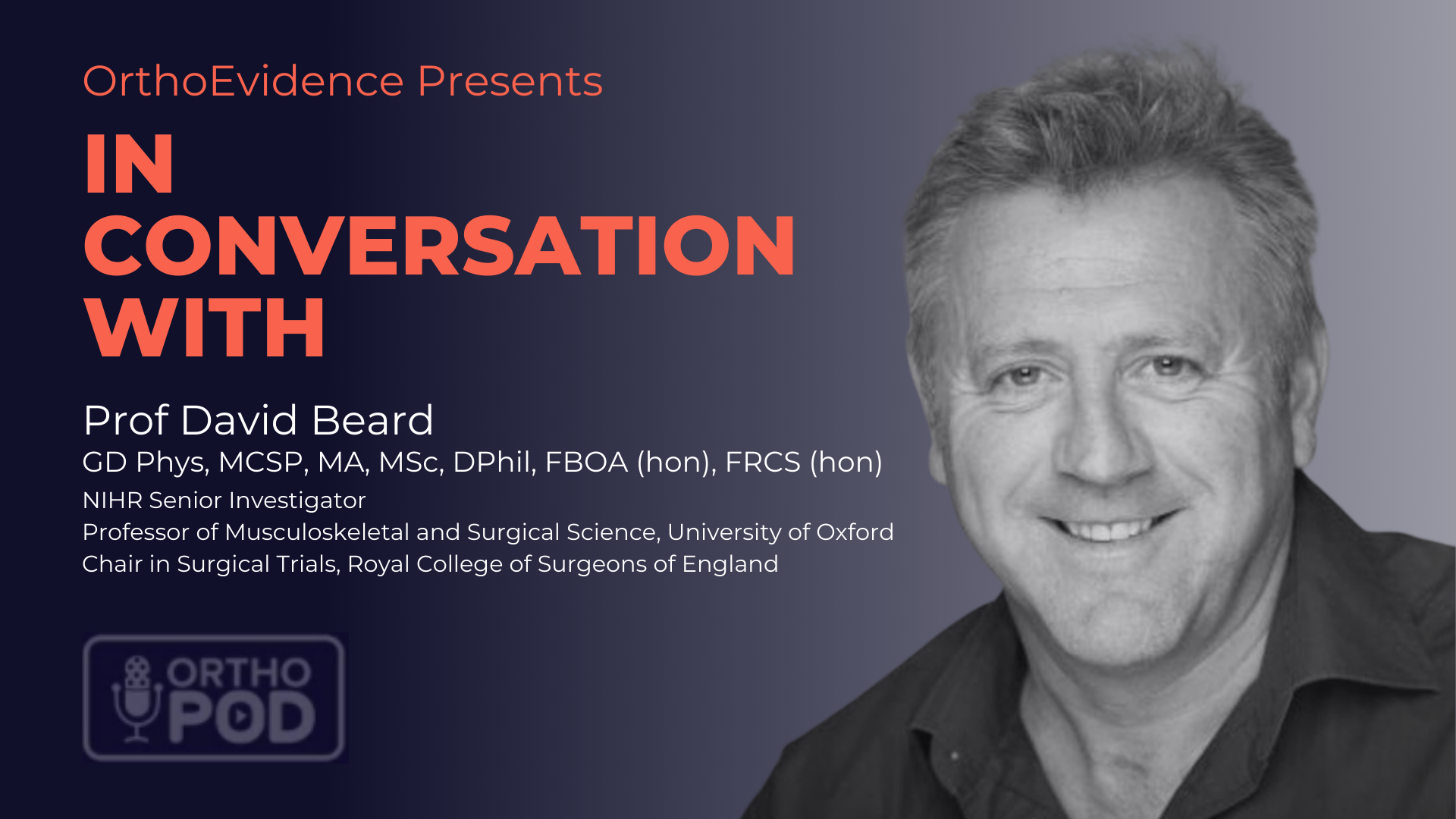
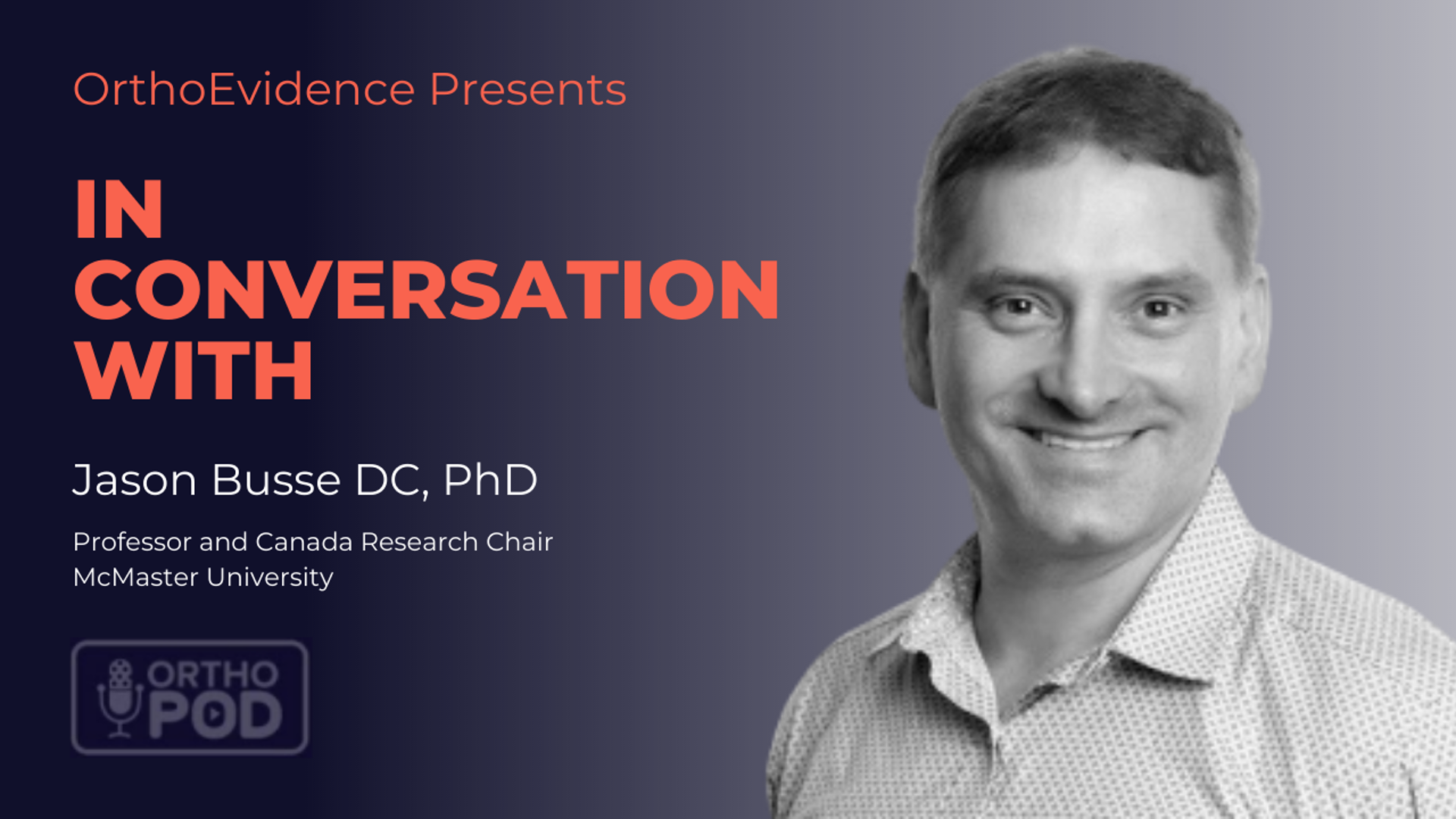
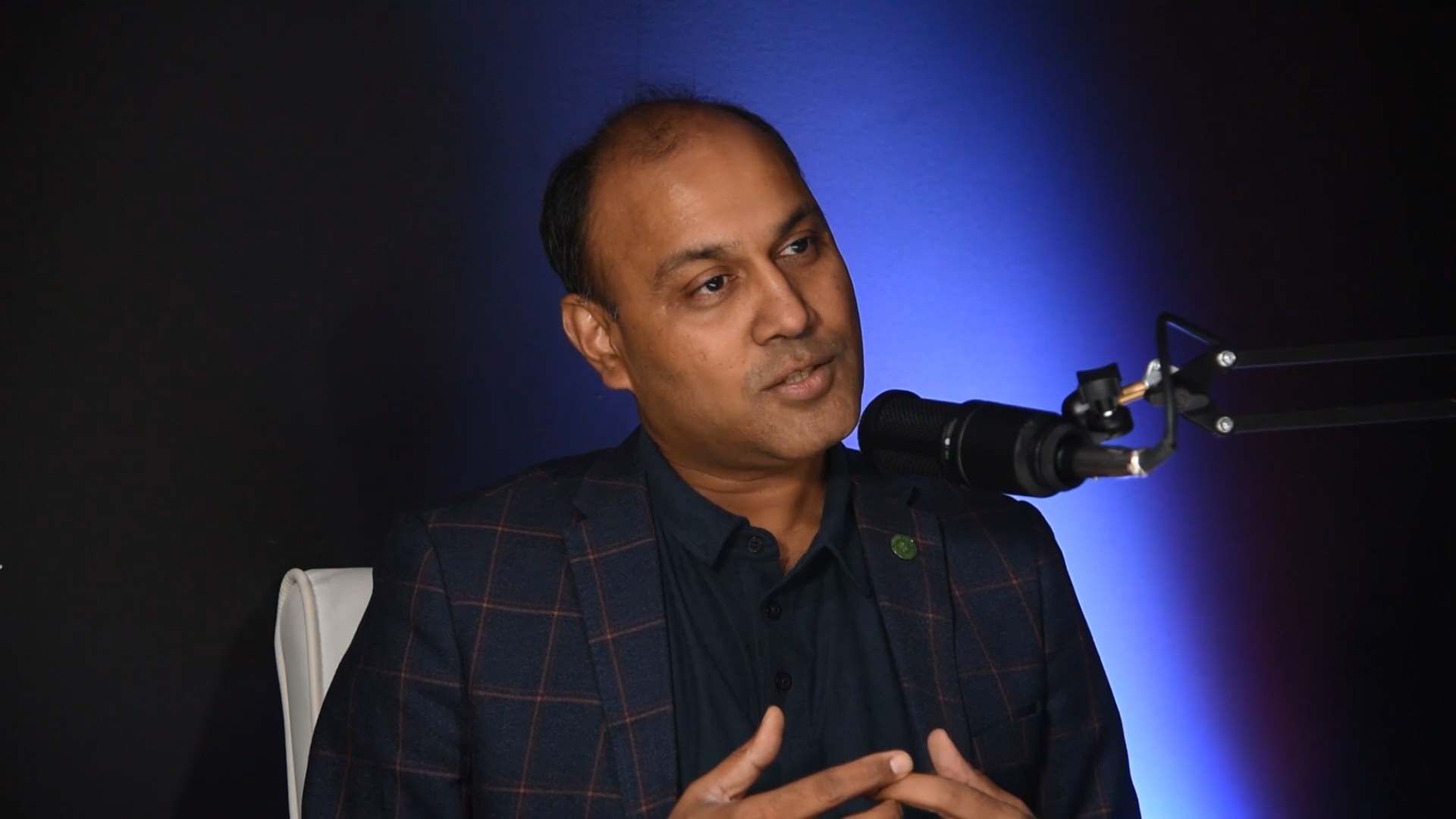

Please Login or Join to leave comments.